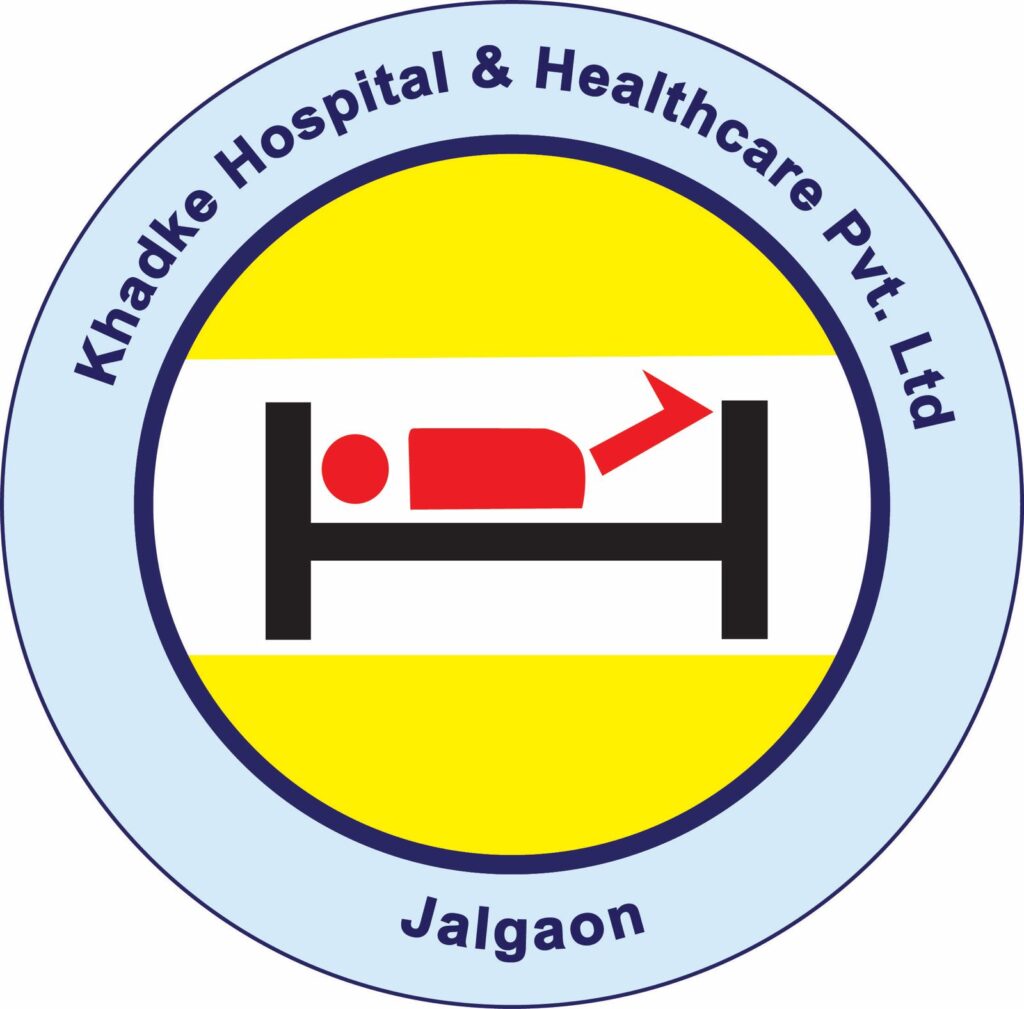What is a Herniated Disk?
It is also known as a slipped or ruptured disk, which occurs when one of the soft, gel-filled disks between the vertebrae in your spine becomes damaged and presses on surrounding nerves.
These disks act as cushions, enabling smooth movement and flexibility of the spine.
What are the Causes and Risk Factors of Herniated discs?
Aging is a primary cause of herniated disks, as disks naturally degenerate over time.
However, certain activities and risk factors, such as
- Improper lifting
- Frequent twisting or bending
- Traumatic injuries like falls
increase the likelihood.
People aged 30 to 50 are at higher risk, as are smokers and those with a family history of disk issues.
Additional risk factors include
- Obesity
- Sedentary lifestyles
- Jobs that require prolonged sitting
What are the Symptoms of a Herniated Disk?
Herniated disk symptoms differ depending on the location of the affected disk.
Common symptoms include
- Back pain
- Muscle weakness
- Tingling in the legs, arms, or other affected areas
Herniated disks in the lower back often cause sciatica—a sharp pain radiating from the lower back down through the leg.
When the neck (cervical spine) is affected, it can cause pain in the shoulders, arms, and fingers and increase discomfort when moving the neck.
How is it Diagnosed and Treated?
Doctors conduct a physical exam and may use imaging tests like MRI or CT scans to diagnose a herniated disk.
For most people, herniated disks improve with conservative treatments such as
- Rest
- Over-the-counter pain relievers
- Heat or ice application
- Physical therapy
In some cases, spinal injections may reduce inflammation and alleviate pain.
Surgery, typically a microdiscectomy, is recommended only when other treatments fail to relieve symptoms or if severe nerve compression threatens mobility
How is it Prevented?
While herniated disks aren’t entirely preventable, you can lower your risk by
- Practicing good posture
- Proper lifting techniques
- Staying active
- Maintaining a healthy weight.
Regular stretching, strengthening core muscles, and quitting smoking also help protect spinal health.
Most people recover from a herniated disk within a few weeks to months with appropriate care.
However, if left untreated, a herniated disk can worsen, causing chronic pain and mobility issues.
At Khadke Hospital, our spine specialists guide you through every step of herniated disk care, from diagnosis to personalized treatment options. Don’t let back pain hold you back—schedule your consultation today!

